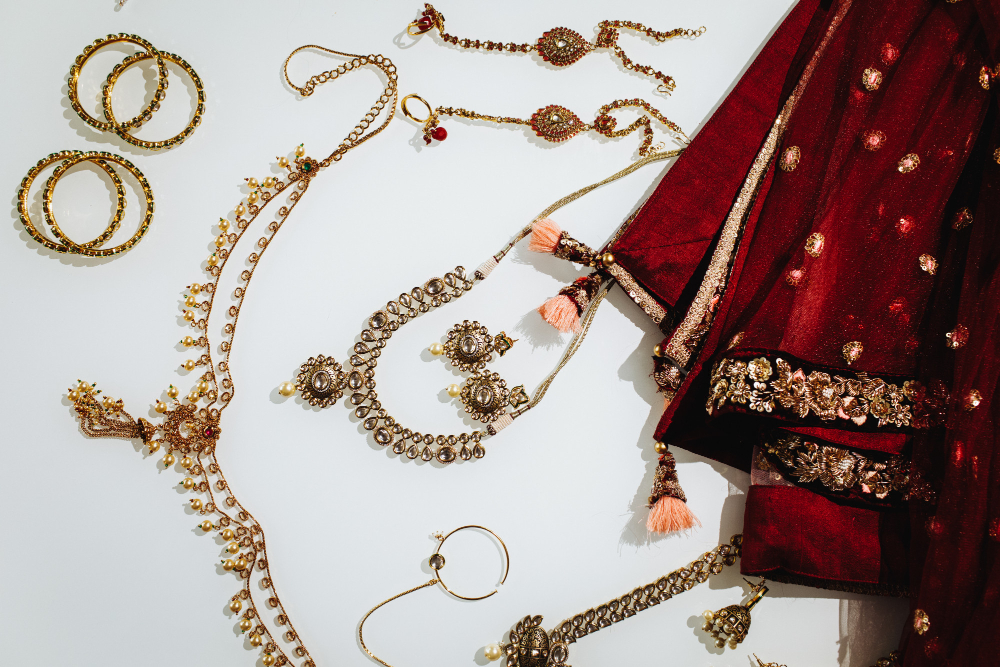Why Gold Loans Are Popular in India
Gold loans have become India’s preferred short-term credit solution, with RBI data showing outstanding amounts exceeding ₹1.1 lakh crore in FY2024. Unlike traditional loans, gold loan eligibility criteria are refreshingly simple, making credit accessible to millions who might struggle with conventional lending requirements.
Whether you’re a housewife, a retired professional, or someone with fluctuating income, understanding these eligibility parameters can unlock instant liquidity.
Essential Age and Residency Requirements
The foundation of gold loan eligibility starts with basic demographic criteria that most lenders follow consistently. You must be between 21 and 70 years old at most financial institutions, though some banks like ICICI extend the upper limit to 85 years. This broad age range means everyone from young professionals starting their careers to senior citizens can access gold-backed credit.
Indian residency is mandatory for gold loan eligibility. NRIs cannot apply for standard retail gold loans, as lenders require local address verification and physical gold assessment. Your residency proof becomes part of the KYC documentation that streamlines the approval process.
Consider this scenario: A 68-year-old pensioner in Mumbai wants to fund his grandson’s medical treatment. Despite having no regular income beyond his pension, his 40 grams of 22-karat gold jewellery make him fully eligible for a substantial loan amount.
Gold Ownership and Type Requirements

Your gold loan eligibility hinges on owning acceptable gold assets. Lenders exclusively accept gold jewellery like chains, bangles, rings, and earrings. Gold coins, bars, biscuits, or utensils don’t qualify for personal gold loans, regardless of their purity or value.
The gold must belong to you or your immediate family members. Joint ownership within the household is acceptable, but you cannot pledge borrowed or rented gold items. This ownership verification happens during the application process when lenders document the gold’s source and your relationship to it.
Purity and weight standards:
- Minimum purity: 18 karat (75% gold content)
- Maximum accepted: 22 karat (91.6% gold content)
- Typical minimum weight: 10 grams per ornament
- Some premium lenders require 22-karat minimum
| Pro Tip: Only gold jewellery qualifies for most gold loans. Coins, bars, and utensils are typically excluded from standard lending products. |
Documentation and KYC Compliance
Gold loan eligibility requires minimal paperwork compared to other credit products. You need basic KYC documents that most Indians already possess, making the process remarkably straightforward.
Required documents:
- Identity proof: Aadhaar, PAN, Voter ID, Passport, or Driving Licence
- Address proof: Same as identity documents or utility bills
- PAN card (mandatory only for loans above ₹5 lakh)
- Passport-size photographs
The beauty of gold loan eligibility lies in what you don’t need. No income certificates, salary slips, ITR documents, or business turnover statements are required. This makes gold loans accessible to housewives, students, and anyone with irregular income patterns.
| Did You Know?: Gold loans don’t require minimum CIBIL scores. Even borrowers with poor credit history can qualify based solely on their gold’s value and purity. |
Income and Employment Flexibility
Gold loan eligibility transcends traditional employment categories, making it genuinely inclusive. Whether you’re salaried, self-employed, or unemployed, your eligibility depends on gold ownership rather than income stability.
Eligible borrower categories:
- Salaried professionals (any income level)
- Self-employed individuals and business owners
- Housewives and homemakers
- Pensioners and retirees
- Students (above minimum age)
- Freelancers and gig workers
The interest on gold loans remains competitive regardless of your employment status, as the physical collateral eliminates lenders’ income-related risks.
Special Considerations and Restrictions
While gold loan eligibility is broadly inclusive, certain restrictions ensure responsible lending practices. You cannot use loan proceeds to purchase more gold, as RBI guidelines prohibit gold-for-gold lending cycles.
Geographic accessibility varies, with urban and semi-urban areas having better gold loan eligibility infrastructure. Digital lenders now offer doorstep services, expanding access to previously underserved locations.
The process typically involves gold assessment, purity testing, weight verification, and immediate loan approval. Most lenders complete this within hours, making gold loans ideal for emergency funding needs.
In a Nutshell
Gold loan eligibility offers unmatched accessibility in India’s credit landscape. With minimal documentation, no income requirements, and asset-backed security, these loans serve diverse financial needs across economic segments.
The combination of competitive interest rates, flexible repayment options, and quick processing makes gold loans an optimal choice. If you meet the basic age and residency criteria and possess gold, you’re likely eligible for immediate credit access.
FAQs
1. What gold loan eligibility criteria apply to housewives without income?
Housewives can easily qualify for gold loans without income proof. Only gold ownership, age compliance, and basic KYC documents are required for approval.
2. Does a poor CIBIL score affect gold loan eligibility for borrowers?
No, CIBIL scores don’t impact gold loan eligibility. Asset-backed lending focuses on gold value and purity rather than credit history or scores.
3. What minimum gold purity standards determine gold loan eligibility in India?
Most lenders accept 18–22 karat gold jewellery for eligibility. Some premium institutions require a minimum of 22-karat purity for optimal loan terms and processing.
4. Can senior citizens above 70 years meet the gold loan eligibility requirements?
Age limits vary by lender, with most capping at 70 years. However, banks like ICICI extend gold loan eligibility up to 85 years.
5. How does interest on gold loans vary based on borrower eligibility categories?
Interest on gold loans remains consistent across borrower types since physical collateral eliminates income-related risks. Rates depend on loan amount and tenure rather than eligibility category.
References
- https://www.rbi.org.in/Scripts/BS_PressReleaseDisplay.aspx?prid=54321
- https://www.bajajfinserv.in/gold-loan-eligibility-and-documents
- https://sbi.co.in/web/personal-banking/loans/gold-loan/personal-gold-loans
- https://www.icicibank.com/personal-banking/loans/gold-loan
- https://www.hdfcbank.com/personal/borrow/loan-against-assets/gold-loan


Comments are closed.